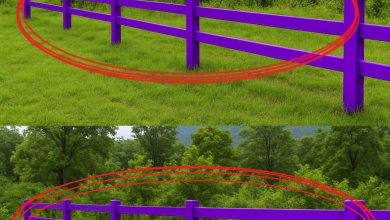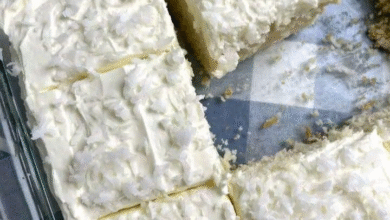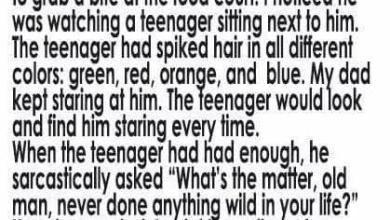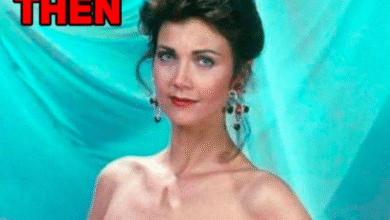The Wedding That Never Was

My sister was engaged to Jack, her boyfriend of five years. As a gift to celebrate their upcoming marriage, I pledged $10,000 to help them with a down payment on a home. I was genuinely excited for them. The whole atmosphere was joyful—venue booked, flowers chosen, invitations sent. It all felt like the beginning of something beautiful.
Then one conversation turned everything upside down.
Jack found out she had been unfaithful. The revelation hit him like a truck. And this wasn’t just a fleeting mistake—it was a long-term affair with someone from her college days. When Jack confided in me, I could see the heartbreak in his eyes. No hesitation—I stood by him. He didn’t even need to ask.
“She didn’t have the guts to come clean,” Jack said through tears. “I found out from someone else. She was hiding it for months.”
He was wrecked. In just one moment, everything fell apart. The wedding was called off, and with it, their shared future disappeared. And my sister? She didn’t seem devastated. Yes, she was upset—but more about losing the wedding than hurting Jack. There was no apology, no ownership. Just blame.
I tried not to interfere, but watching her twist the narrative and put all the blame on Jack was painful. A few days after the dust settled, she called me.
“Well, the wedding’s off,” she said, unfazed. “But I could still use that gift. A shopping spree would really help lift my spirits.”
I was speechless. Her entitlement floored me. After everything—after betraying Jack and showing zero remorse—she wanted the money like nothing had changed. It wasn’t about the dollars. It was about values, and she was missing the point completely.
As I sat there stunned, something in me clicked. I knew what I had to do.
“I need to tell you something,” I began carefully. “Jack doesn’t feel comfortable with me giving you the money anymore. And honestly, neither do I.”
She exploded.
“Are you serious? I made a mistake, okay? I didn’t kill anyone. Why are you punishing me?”
Her defiance only fueled my decision.
“No,” I said firmly. “This isn’t about punishment. It’s about responsibility. You don’t get rewarded after destroying something meaningful. You don’t get money to escape accountability.”
She went quiet. Probably hoping I’d soften. But I didn’t.
“I’m sorry,” I said, “but the money’s off the table. I hope this is something you learn from. I can’t help you until you help yourself.”
She ended the call by yelling something I couldn’t make out. But I felt a strange calm settle over me. For once, I had drawn a clear line.
But that wasn’t the end.
A few days later, she showed up at my door, suitcase in hand, eyes red with frustration and sadness.
“Are you going to abandon me too?” she cried. “I’ve lost everything. Jack, and now you.”
Seeing her like that was hard. She was my sister, after all. But I reminded myself—she had put herself here. This wasn’t about cruelty. It was about clarity.
“I’m not doing this to hurt you,” I told her gently. “But life has consequences. You can’t take from others and expect no fallout.”
That seemed to strike a chord. For the first time, she didn’t argue. Just stood there, quietly taking it in. A small shift—but a shift nonetheless. I didn’t expect overnight change. Just the beginning of one.
Weeks went by. She barely reached out. Whether she was reflecting or wallowing, I wasn’t sure. I gave her space.
Then, unexpectedly, Jack called.
“I’ve decided to forgive her,” he said.
I was stunned.
“She doesn’t deserve to forget it,” he added, “but she does deserve a chance to grow. I won’t carry this bitterness forever.”
I respected that. Forgiveness isn’t forgetting—it’s healing. And maybe I’d been too focused on cutting ties. Maybe he saw the bigger picture before I did.
Soon after, my sister called again. Her voice was quieter. Different.
“I’ve been thinking,” she said. “I messed up—badly. I don’t deserve any gifts. I get that now.”
I was taken aback. Was she finally owning her actions?
“I hurt Jack. And I hurt you too. I didn’t listen. I was selfish. I’m sorry.”
Not perfect, but it was something real. Something honest. A start.
Eventually, she met with Jack and apologized face-to-face. It was awkward and emotional, but necessary. They didn’t get back together—but they parted on respectful terms. And I think that mattered more than anything.
I also learned something through all this.
Sometimes the most valuable thing you can give someone isn’t money. It’s the space to grow. The hard lessons hurt the most, but they stick. She didn’t get $10,000, but she got something better: a push toward change.
And that, I believe, was the real gift.
Life will teach us, whether we want to learn or not. And sometimes, the best way to help is to step back and let someone face the fallout. Let them discover their strength. Let them earn redemption.
Before you rush to fix someone’s mistake, ask: What will they learn if I don’t? If the answer is growth, it might just be the kindest thing you can do.




